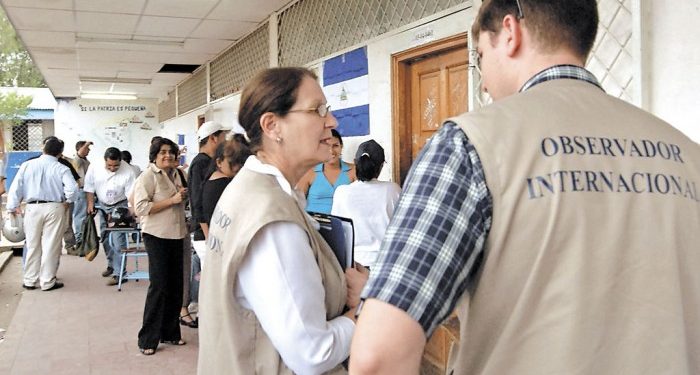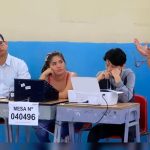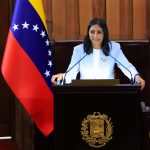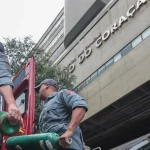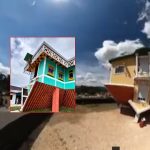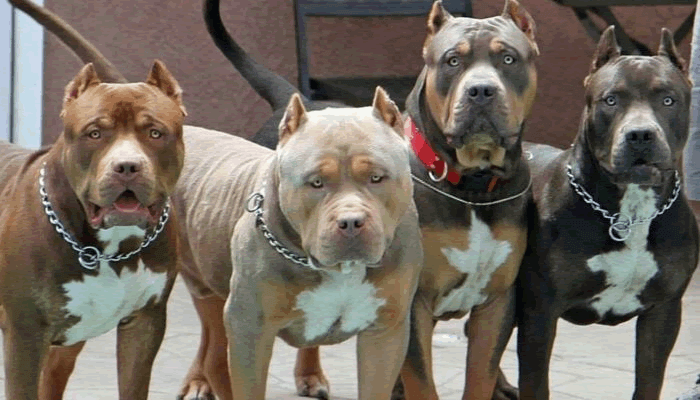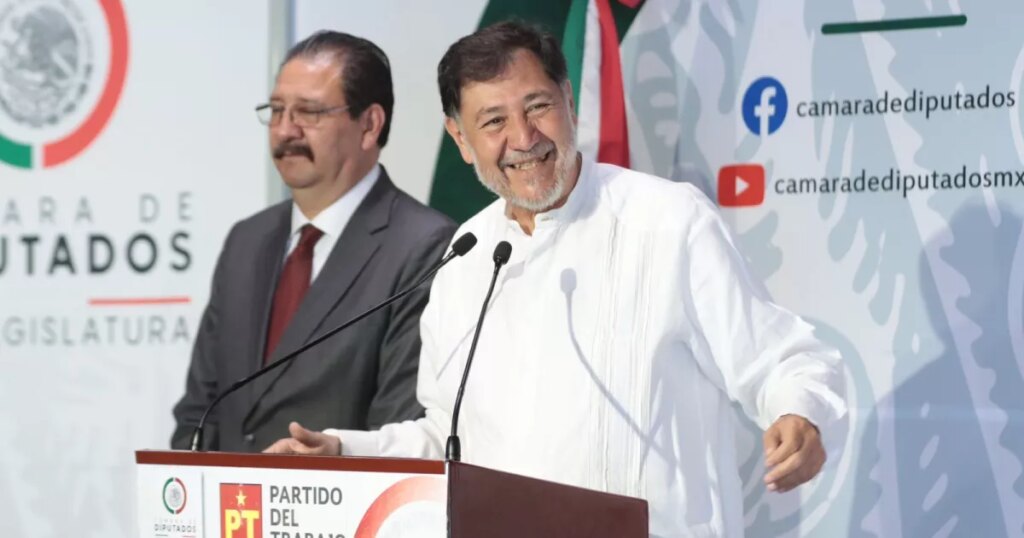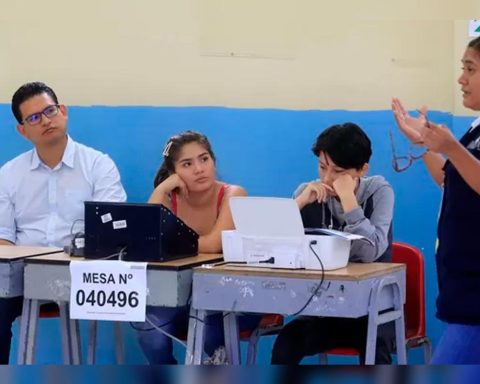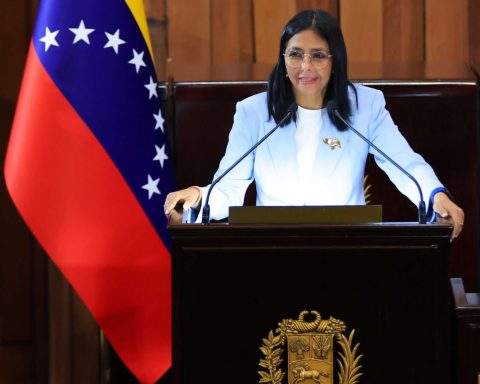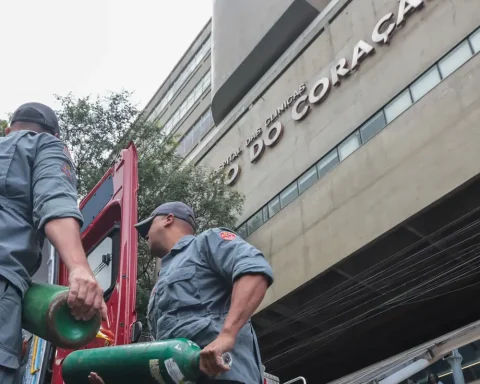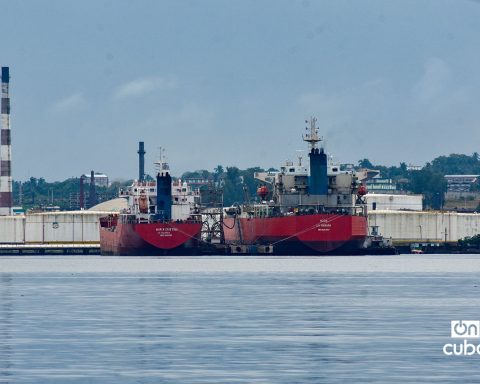Special Rapporteurs of the United Nations (UN) issued a joint statement regarding the situation of electoral observers, as human rights defenders.
The signatories and speakers of the declaration —issued on October 27— were Mary LawlorSpecial Rapporteur on the situation of Human Rights Defenders of the United Nations Organization and Clement Nyaletossi Voule, UN Special Rapporteur on Freedom of Peaceful Assembly and Association.
Related news: From international observation to electoral accompaniment in Nicaragua
“We wish to emphasize that election observers are human rights defenders and civil society actors. Therefore, the States must allow the independent and impartial observation of the elections by all observers, even from abroad”, indicates the statement issued in the framework of the 17th anniversary of the Declaration of Principles for International Electoral Observation.
Obstacles to electoral observation
As for the work of electoral observation, the rapporteurs agreed when pointing out that “all over the world the conditions in which democratic elections are held have become increasingly difficult,” as has happened in Nicaragua, where Ortega has It prevented national and international observation and has perpetuated itself in power, at the point of fraud, violence and the total elimination of the opposition.
“Disinformation campaigns, harsh rhetoric, and even violence have been directed at the broad spectrum of actors participating in electoral processes, from candidates and political parties, to election officials and observers,” the statement added.
On the other hand, they pointed out that electoral observers, both national and international, have reported a significant increase in the severity and scale of attacks against them, “ranging from harassment, false accusations, defamation and threats; to the violation of their right to free movement, detention, expulsion and physical violence”.
They state that some observers have even been assassinated while carrying out their work. “In several cases, the harassment, assaults and murders have been perpetrated by members of the State security services.”
Respect the work of observers
Considering that electoral observers are defenders of human rights in specific circumstances, the rapporteurs urged and reminded the Member States of their responsibility, within the framework of international law, “to promote and protect all human rights and fundamental freedoms (…) In addition to recognizing that in the context of electoral processes, national and international electoral observers are human rights defenders and civil society actors, therefore they are entitled to this protection.
Lawlor and Voule concluded by stating that work will continue on the collection of information and reports on the challenges faced by national and international election observers in carrying out their work.
Related news: “Historical setback and false elections”, this is how opponents label the municipal votes in Nicaragua
Despite UN recommendations, in Nicaragua, the Ortega and Murillo regime has prevented both national and international electoral observation, reducing it to “electoral escorts” and only with its allied countries.
The independent Observatory Urnas Abiertas pointed out that in the presidential elections of November 2021 there was a strong abstention of voters, the same as in the municipal votes this year, where the regime won the 153 mayoralties of the country.
